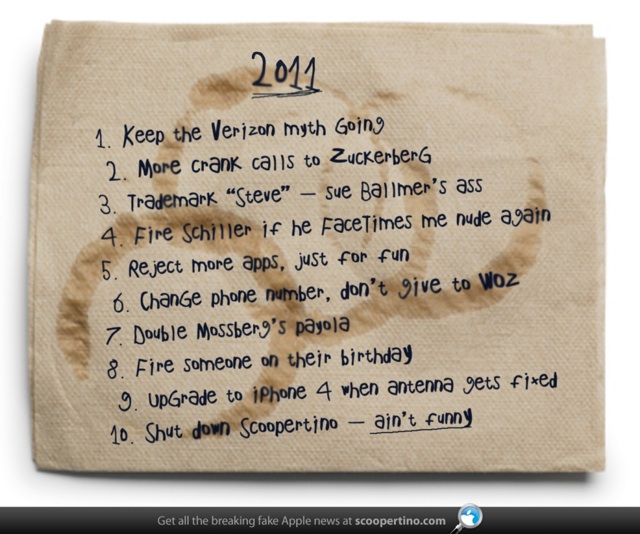
“Something looks funny with the web copy…it looks really bad.” That was a part of the message we recently received form a client who was reviewing a design mock-up for his soon-to-be-launched website. “We really like the copy,” they had said just a few days earlier. So they liked what it stated, just not how it looked. The culprit: typography.
Continue reading →

Shortly after writing about Internet addiction, a photographer reached out and told us about a service that blocks the Internet from your computer. While you might pay a small fortune to access the Internet, you can block it for just a few bucks. Sounds too good to be true, right? So we had to look into it.
Continue reading →
Posted on Jan 24 2011 12:01 am by Web Copywriters
tags: Social Media Technology Working in the Web
|
category: Web world at large |
1 Comment

Webcopyplus recently discovered a website called The Noun Project, which describes itself as “a collection of highly recognizable symbols that form the world’s visual language.” The Noun Project’s sleek symbol designs are licensed under public domain, meaning they’re free for anyone who wants to download them and use them in their own projects.
Continue reading →
Posted on Jan 13 2011 9:02 am by Rick Sloboda
tags: Marketing Web Design Working in the Web
|
category: Web world at large |
Leave a comment

Want to save a word from oblivion? Oxford Dictionary lets you adopt old or lost words to help keep them alive. The organization states that 90% of everything we write is communicated by only 7,000 words, and each year hundreds of words are being dropped from the English language.
Continue reading →

Do you spend more time than you need to on Facebook, Twitter, Google and any other of the two billion websites floating around the Internet? You may be suffering from a condition scientists are calling Information Deprivation Disorder.
Continue reading →

One of our favourite sources for general hilarity and Web-related weirdness, Laughingsquid, posted Steve Jobs’ New Years Resolutions on a Starbucks Napkin, courtesy of the ‘unreal Apple news’ team over at Scoopertino. If you think this is funny, check out some of Scoopertino’s other fake Apple news pieces, like Wikileaks Releases 140,000 Emails from Steve Jobs, and Apple Kool-Aid to Go Into Mass Distribution.
I guess we’re not the only ones who like to poke a little fun at Apple’s head brat.

If you’re like me, you get irritated by overused headlines. Now that we’re entering ‘Best of 2010’ season, I’ve gone into hyper-eye-roll mode.
To help you waste your Internet time wisely, I’ve decided to be your ‘Best of 2010’ list curator. Of course, all of these are based around my penchant for web content, copywriting, web design, technology and marketing, and I rebelliously chose 9 instead of 10.
Here is my collection of the Best Best of 2010 Lists of 2010.
Continue reading →

Curious about what websites some of the top professionals in your industry consult on a daily basis? Webcopyplus recently surveyed people we admire in web marketing and related professions to find out what they’re reading online, for both professional inspiration and general interest. We hope their answers shed some light on what drives them, and perhaps inspire you to broaden your daily reading.
Continue reading →

As a fellow web marketing professional — whether you’re a web copywriter, web designer, web developer, or a business owner interested in learning about the best way to market your business online — I’m sure you follow a plethora of like-minded people on Twitter.
You’ve probably also noticed a pattern in the kind of headlines that enter your feed, some at a more irritating frequency than others. These headlines purposely target high pressure points, and get incessantly regurgitated as a result.
Here’s how to recognize these repeat offenders and why you’d be better off to spend your clicks elsewhere.
Continue reading →













